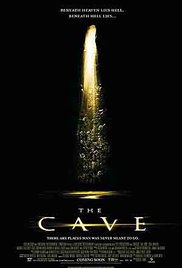 It’s easy to tell when a second unit director or director of photography is making his directorial debut – Bruce Hunt, DP on the “Matrix” movies, please step forward – because everything looks fantastic, but it doesn’t mean anything. “The Cave” is such a movie. It was clearly a costly shoot, with a majority of the action taking place underwater, and James Cameron will tell you all about shooting underwater. To its credit, the underwater shots look nice. In fact, they’re stunning. But thanks to a script that looks like no human hands touched it at any point, those elegant diving shots are wasted. Thrillers aren’t terribly thrilling when you’re actually rooting for the monsters to knock the humans off.
It’s easy to tell when a second unit director or director of photography is making his directorial debut – Bruce Hunt, DP on the “Matrix” movies, please step forward – because everything looks fantastic, but it doesn’t mean anything. “The Cave” is such a movie. It was clearly a costly shoot, with a majority of the action taking place underwater, and James Cameron will tell you all about shooting underwater. To its credit, the underwater shots look nice. In fact, they’re stunning. But thanks to a script that looks like no human hands touched it at any point, those elegant diving shots are wasted. Thrillers aren’t terribly thrilling when you’re actually rooting for the monsters to knock the humans off.
The setup: a group of the prettiest divers you’ll ever meet are commissioned to explore a cave in the mountains of Romania that sits beneath the ruins of a church. It’s a deep drop, combined with a long tunnel, and no one is expecting to hear from them for twelve days. The divers are simply trying to graph the tunnels for research purposes, but soon discover that they have company in the form of a nasty bat/Alien hybrid. Their leader, Jack (Cole Hauser), survives an attack from one of the creatures, but the parasites in its blood stream infect Jack, giving him the acute sense of hearing the creatures have. The group is unsure whether they can trust him, and a group that was already having trouble standing up to these baddies now has to face off against each other as well.
None of this, of course, will matter to you, because it clearly didn’t matter to the filmmakers to create any characters worth giving a damn about. The character development, as it were, is laughable; the actors did not need to ask themselves what their character’s motives were, because it went no deeper than, “I’m a scientist,” “I’m arrogant,” or “I’m still trying to earn my brother’s respect, even if he’s turning into an Alien bat.” There are also a series of blind drops into rapids and ice caves (the hills of Romania, it appears, are both boiling hot and ice cold) that should have turned the group into bags of bones. Remarkably, few sustain lingering injuries.
It’s maddening to think that movies like this continue to get made these days. How does this get past the pitch phase, especially when there is not a single original idea in the premise? This has all been done before, and better, in “Alien,” “Predator,” “Pitch Black,” and even “Anaconda.” If Hollywood is truly eager to find out why they’re suffering such a horrible slump, this would be a good place to start.
 (1 / 5)
(1 / 5)




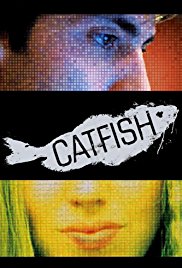
 (3.5 / 5)
(3.5 / 5)
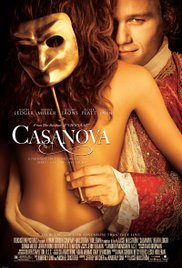
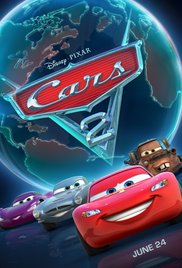
 (3 / 5)
(3 / 5)

 (2.5 / 5)
(2.5 / 5)
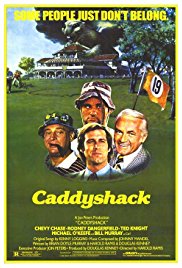
 (4 / 5)
(4 / 5)